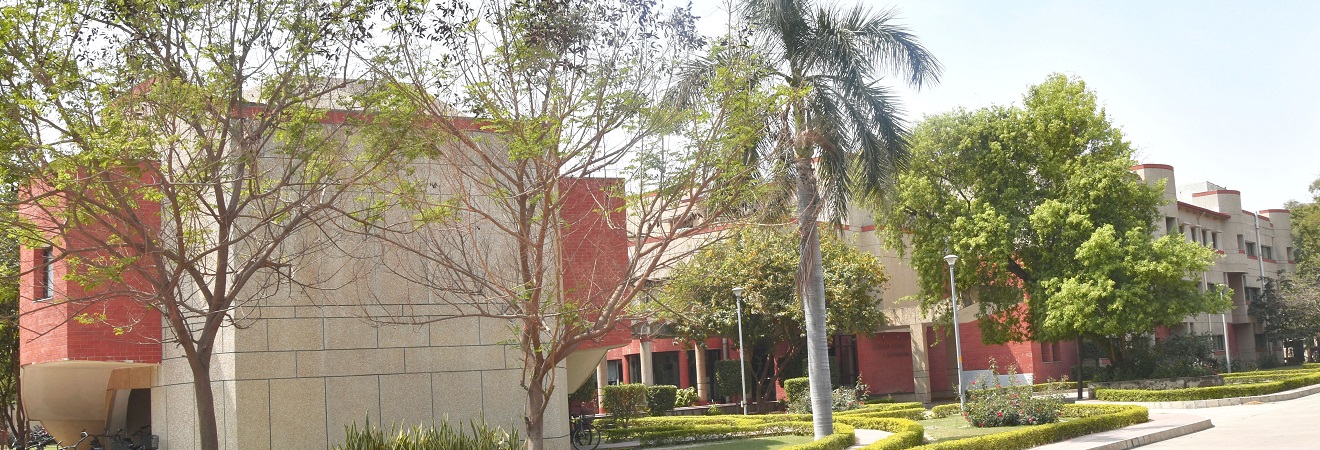 Santosh K. Misra, Associate Professor
Santosh K. Misra, Associate Professor
This email address is being protected from spambots. You need JavaScript enabled to view it.
(91) 512-259-4013
(91) 512-259-4010
Link to Lab Webpage
Dr. Santosh Kumar Misra received his B.Sc. degree in Biological sciences from Gorakhpur University, India in 2002, followed by M.Sc. in Organic chemistry from Lucknow University, India in 2005. He gained his doctorate from the Dept. of Organic Chemistry at Indian Institute of Science in 2013 under the guidance of Prof. Santanu Bhattacharya. He joined Dept. of Bioengineering, University of Illinois at Urbana-Champaign in October 2013 as a postdoctoral research associate and continued there from August 2016-October 2018 as a Research Scientist working with Prof. Dipanjan Pan. He joined the BSBE department in October, 2018.
Disease detection, therapy and follow-ups are always a matter of concern in the effective management of pathological conditions. Cancer is one such disease which requires these processes at different points of time in a patient’s life. Currently many of the known therapies have serious side effects to patients and cause secondary problems including muscle weakening, hair follicle damage, fatigue, infection, anemia, changes in oral microbiota, etc. Early and efficient detection of disease, efficient methods of delivery of therapeutics, personalized medicine, stem cell therapy and easy methods of follow-ups generally reduce the drug doses for efficient therapy and in turn related side effects. The focus of our lab is towards generating new biomaterials for (i) making biosensors that can be used for the detection of the disease including stage/ severity of the disease, (ii) newer methods of delivering drug using 3D printed biomedical devices, and (iii) stem cell therapy to assist the therapeutic regimen. We are developing biosensors for oral microbiota and muscle weakness, detecting severity of the disease and using stem cell therapy to assist hair follicle and muscle regeneration. We are also developing “Nano-muscles”, “Tooth-binders” and “Medi-caps” for supporting the therapeutic regimens in cancer therapy. Biomaterials of our interest are carbon composites with amphiphiles which are being used to generate biosensors, 3D printable materials, biomedical devices, therapeutic bubbles and drug-delivery platforms.

